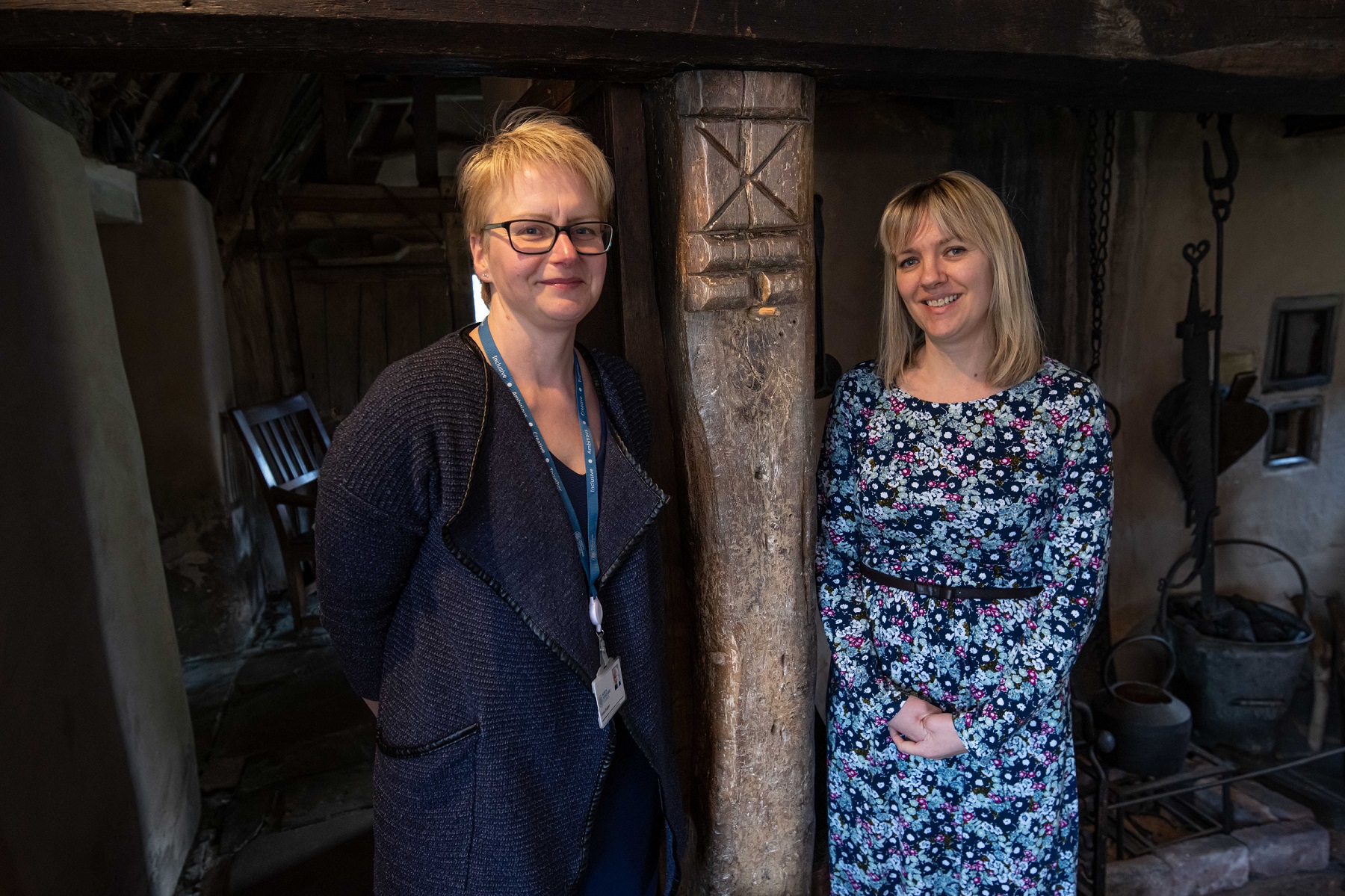
Wartime stories, museum drop-ins and a pub trail are among the events on offer in North Yorkshire libraries for an annual campaign aimed at increasing awareness of local history.
To mark Local and Community History Month in May, libraries across North Yorkshire are hosting talks, exhibitions and activities by businesses, groups and authors.
Author and historian Fraser Skirrow will be hosting a talk called War Stories – Harrogate Soldiers of the Great War, through the eyes of territorial soldiers and their families. It will look at residents who were caught up in World War One, exploring who they were, their experiences and how this affected them and those they left behind.
The talks will be held at Ripon Library on Tuesday, 21 May, from 11am to noon, and Harrogate Library on Wednesday, 22 May, from 11am to noon.
Football fan and author, Tosh Warwick, will be giving a talk about his writing process and latest project on the history of Scarborough Football Club at Scarborough Library on Thursday, May 23, at 6pm. It will also be live streamed on the North Yorkshire Libraries YouTube channel.
Marketing and events coordinator at Ryedale Folk Museum, Rosie Barrett, is hosting a talk on its new witchcraft exhibition called Believe it or Not, on Tuesday, 21 May, from 2pm to 3pm at Pickering Library. The museum has three unusual carved oak wooden columns, known as witch posts, that supposedly have the power to prevent evil. Fewer than 20 are known to exist.
Skipton Library volunteer Steve Wilson is holding a talk in the branch, encouraging visitors to take part in a pub trail. In a joint venture between the library and Skipton Civic Society, the trail charts the link between the growth of pubs and the cattle market.
By the early 1900s, Skipton had 35 pubs and beer houses and 15 off-licences, equating to one licence for every 50 men in the town. The talk will be held from 10.45am to noon on Thursday, 23 May.
There will be an exhibition throughout the month in Catterick Community Library in conjunction with the Garrison and a Veterans' Group. It will feature artefacts from the town’s Roman and Saxon heritage as well as objects from the First and Second World Wars.
At Newby and Scalby, an exhibition will showcase Newby Farm, Newby Hall and the nearby area over the years.
Easingwold Library will be holding a coffee morning on Wednesday, 8 May, from 10am to noon, where there will be a display of historical photos, maps and facts relating to the town, focussing on local schools.
Woodhams Stone Collection will hold a drop-in session at Malton Library between 10am and noon on Saturday, May 18. The collection is held in Malton and Norton Heritage Centre, containing thousands of artefacts from businesses and social events with the focus on the period 1900 to 1960.
Corporate director of community development, Nic Harne, said: “We are proud to promote a jam-packed schedule of events to mark Local and Community History Month, which we hope to be the biggest yet.
“The initiative is all about getting people interested in the history of their area by highlighting the rich heritage and hidden stories in every town and village in North Yorkshire.
“It is also an opportunity for our libraries to build close relationships with authors, community organisations, businesses and tourist attractions. Libraries have become a valued hub for all sorts of events to take place.”
The county’s archive service is touring libraries to showcase a selection of its archive material and speak to visitors about what it offers. The pop-ups will be held in the following libraries:
- Pickering on Thursday, 2 May, from 10am to 1pm.
- Selby on Tuesday, 7 May, from 10am to 12.30pm.
- Settle on Tuesday, 14 May, from 10am to 1pm.
- Harrogate on Wednesday, 29 May, from 10am to 1pm.
- Easingwold on Friday, 31 May, from 10am to 1pm.
To find out more about what is happening during Local and Community History Month and to book your place, visit your local library branch or individual Facebook page.
Library members can take advantage of free resources including historic newspapers, maps, ephemera in local studies collections in branches as well as access to online resources.